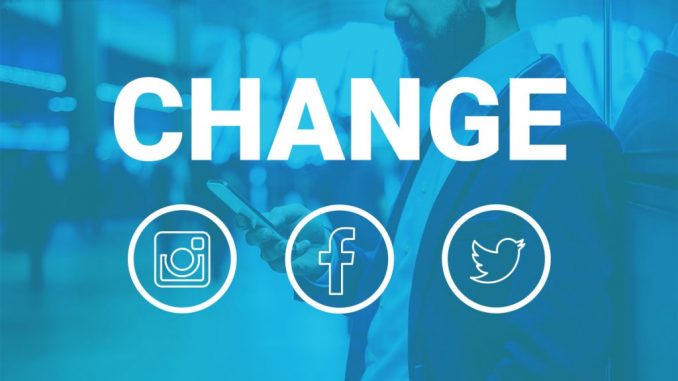
The social media landscape is used to promote a hashtag culture that has been used for good causes in some cases but for naming and shaming on the other end. Popular South African TV shows like Nyan Nyan, Perfect wedding and Date My Familyhave showcased regular folks whose behaviour has been subject for ridicule by the public jury. Local famous figures have been known to participate in these conversations that demonstrate a systemic culture that continues to humiliate black bodies.
Social media increases the scale of shame where mostly black people are subjects that get put under the microscope, forgetting that these are real people and that our behaviour as viewers has real world implications. The viewer watches from a distance, comments from the safety of their phones in an effort to compare themselves from those they are judging – this is to say ‘I am not that black person’. Maybe we don’t critic our own behaviour during those moments when we live tweet all the ‘weird’ parts, and maybe it’s all in good ‘fun’ because after all it’s just entertainment.
As the primary breeding ground for many behavioural trends, social media is indicative of the flaws within our society, it’s an obvious reflection of the offline world where the behaviours are actioned. This is so with the rise of infamous terms like blesser(sie) that were born on social media. The blesser and blessie concepts and or relationships have gained traction for different reasons from self-appointed morality police with a desire to judge, in essence though, the transactional relationships under question are nothing new. Thus the standard approach being that people marry their ‘blesser’, I guess making it more socially acceptable since ‘what’s his is yours’. But the more things change the more they stay the same because a few years ago the PC word for the same practice was ‘gold diggers’.
This argument may be hypocritical coming from someone who associates with feminist ideals, but the mere creation of more categories within existing social hierarchies only serves to create divisions that distinguish ‘US’ and ‘THEM’. It’s an injustice because although many of the categories and terms carry negative connotations, they are never analysed and interrogated within the wider socio-economic context that makes them possible.
Economic inequality is a problem but we don’t memefy that even though we don’t mind glorifying poverty. I know people will argue that we have choices as people, but often circumstances dictate our actions despite the clichéd notions that ‘we aren’t a product of our past’. Maybe it’s about time we focus our attention on the very nature of social setups that breeds such behaviours. Dwelling on our superiority complex is counterproductive to our collective cause because it doesn’t resolve our social ills. There is a need to build and showcase more communities on social media that grow our collective identities as people. We should use the medium to hold more conversations that interrogate the status quo instead of just jumping on the bandwagon.
Source: Rebone Masemole, bizcommunity.com

Leave a Reply